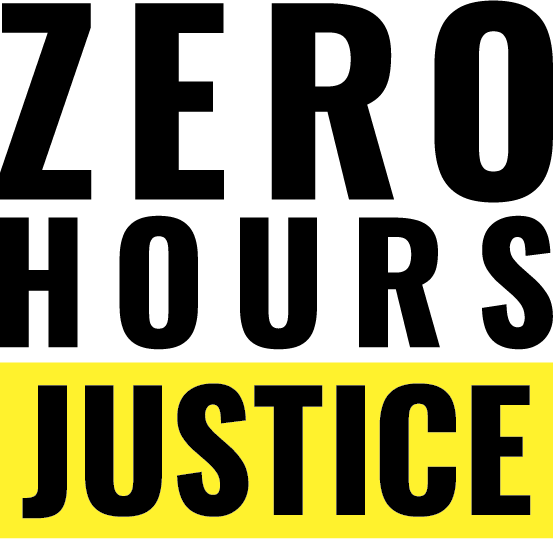|
By Pravin Jeyaraj On the day that Labour announced its proposals for the "the Future of Work", which include the right to flexible working from day 1, BBC's Radio 4's Today Programme spoke to two zero hours workers about their experiences. Heidi Henders, 24, worked in retail on zero hours contract. Although she had no guaranteed hours, she consistently worked for around 20 hours a week. She was sacked when she spoke up about unfair treatment: I'd worked there for about a month and we had a dispute about uniforms. They were saying we have to provide our own uniform, including shoes. So I spoke up and said, 'No, that's illegal, you can't do that'. And then I was let go instantly, because I didn't have a contract, so I had no rights to challenge it [the dismissal]." When asked about what should the future of work" entail, Heidi said: I think a lot of it comes down to stability and security. I don't think the problem is work being flexible. People should be able work and earn enough money and also have time to exist outside of their job. Also, I think, people's rights need to be recognised. To do that, people need to come together into unions and unions need to recognised across every industry, especially in hospitality and other kinds of precarious work." Malo Manning, 21 is a customer support officer for the Home Office. She was guaranteed a minimum of six hours a week but usually worked 20-25 hours a week. In her case, the flexibility of a zero hours contract suited her, as she was a student and had additional financial support. But she said there were definite problems with zero hours contracts: I think there should be tighter regulations about the idea of moving existing employees from full-time contracts to zero hours contracts, because that would allow companies to usher them from a full set of rights to 'self-employed', which strips away a lot of [those rights]. I also think that, instead of zero hours contracts, there should be this idea of a basic minimum set of hours and flexibility surrounding that, but I think the idea of the zero hours contract itself should really be looked at because it is a breeding ground for exploitation. Zero Hours Justice would question whether it was right for people like Heidi and Malo to be on zero hours contracts in the first place, as they were working roughly the same number of hours each week. Given that the hours were relatively predictable, they should have been on an appropriate fixed hours contract. Heidi's treatment was particularly outrageous. If she had been working for her employer at least two years, then, being sacked for speaking up might have been unfair dismissal. It is also wrong that Heidi's then employer had not given a written contract. Any worker or employee, whether they are on a zero hours contract or not, has a legal right to written terms or an employment contract. But, more importantly, the absence of a written document does not necessarily mean that there was no contract. The full recording of the segment on Radio 4 Today can be listened to here: https://www.bbc.co.uk/sounds/play/m000y6n0#t=2h09m59s.
Comments are closed.
|
contactFor press enquiries or permission to reuse content, please contact: Archives
June 2024
CATEGORIES
All
|
|
Company No: 12417909 Registered Office: 38 Coney Street, York, Y01 9ND
|


 RSS Feed
RSS Feed


